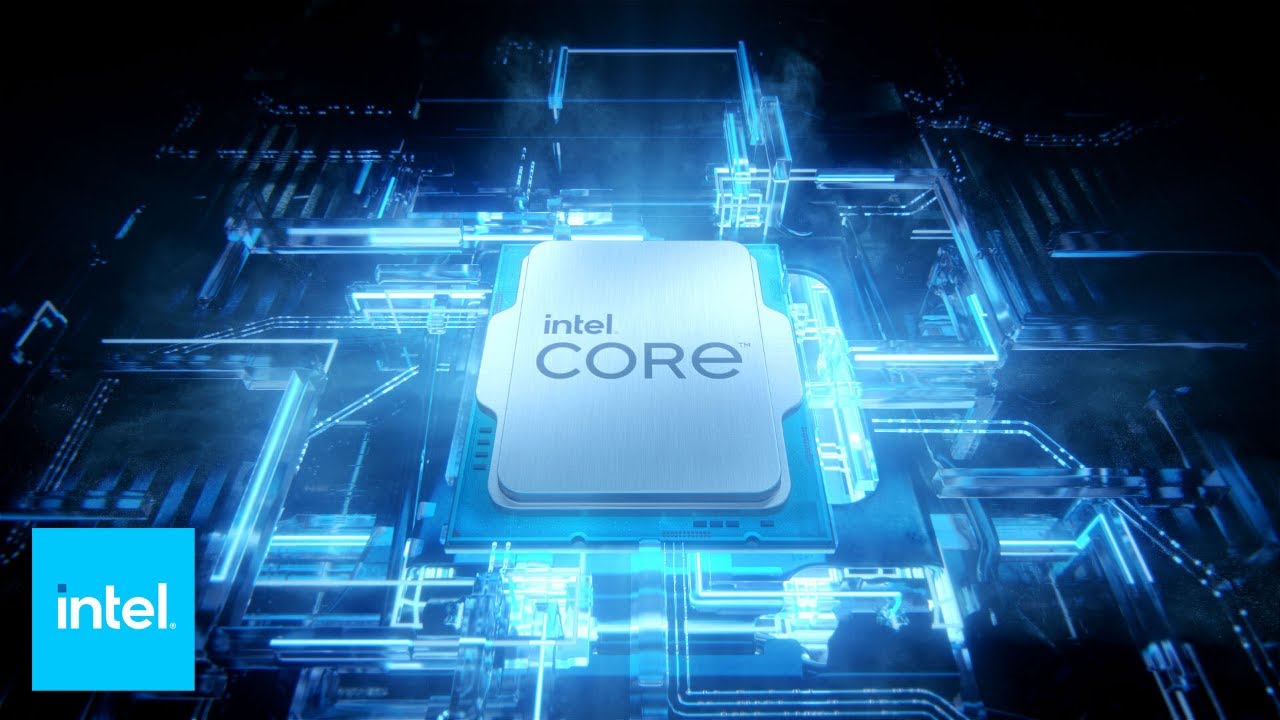
Although Intel recognized the root cause of failures among 13th and 14th Generation Core 'Raptor Lake' processors in late July — its microcode made the CPU demand elevated voltage levels beyond safe limits — the company never delivered a precise diagnosis. It has now outlined an issue known as Vmin Shift Instability, which can occur under four circumstances.
The problem stems from a clock tree circuit in the IA core that is prone to failure under high voltage and temperature, causing a shift in the clock duty cycle and leading to system instability. Intel has pinpointed four key operating conditions that trigger this issue and implemented mitigations through various microcode updates.
- First, motherboard power settings exceed Intel's recommended guidelines, causing Vmin shift. Intel advises users to follow its default power settings to avoid this problem.
- Second, the eTVB microcode allowed certain 13th and 14th Generation Core i9 processors to maintain high performance even at elevated temperatures, which was corrected with the 0x125 microcode update released in June 2024.
- Third, the SVID microcode sometimes requests higher voltages over an extended period, increasing the risk of instability. Intel resolved this with the 0x129 microcode update, distributed in August 2024.
- Lastly, both microcode and BIOS were requesting elevated voltages during idle or light activity, which is mitigated by the 0x12B microcode update, combining previous fixes.
Intel's internal tests show that the 0x12B update does not noticeably affect performance. Benchmarks and gaming tests, including popular titles like Cyberpunk 2077 and Shadow of the Tomb Raider, showed results within normal expected variations when compared to the earlier 0x125 update.
Intel is working with motherboard makers to ensure the 0x12B microcode update is distributed via BIOS updates. This rollout may take several weeks, but Intel is pushing for quick validation and implementation.
Intel also took time to assure its customers once again that its existing mobile processors as well as upcoming codenamed Lunar Lake and Arrow Lake processors are not affected by this issue.







